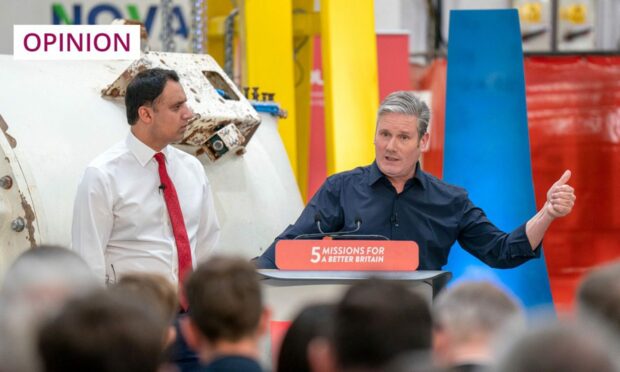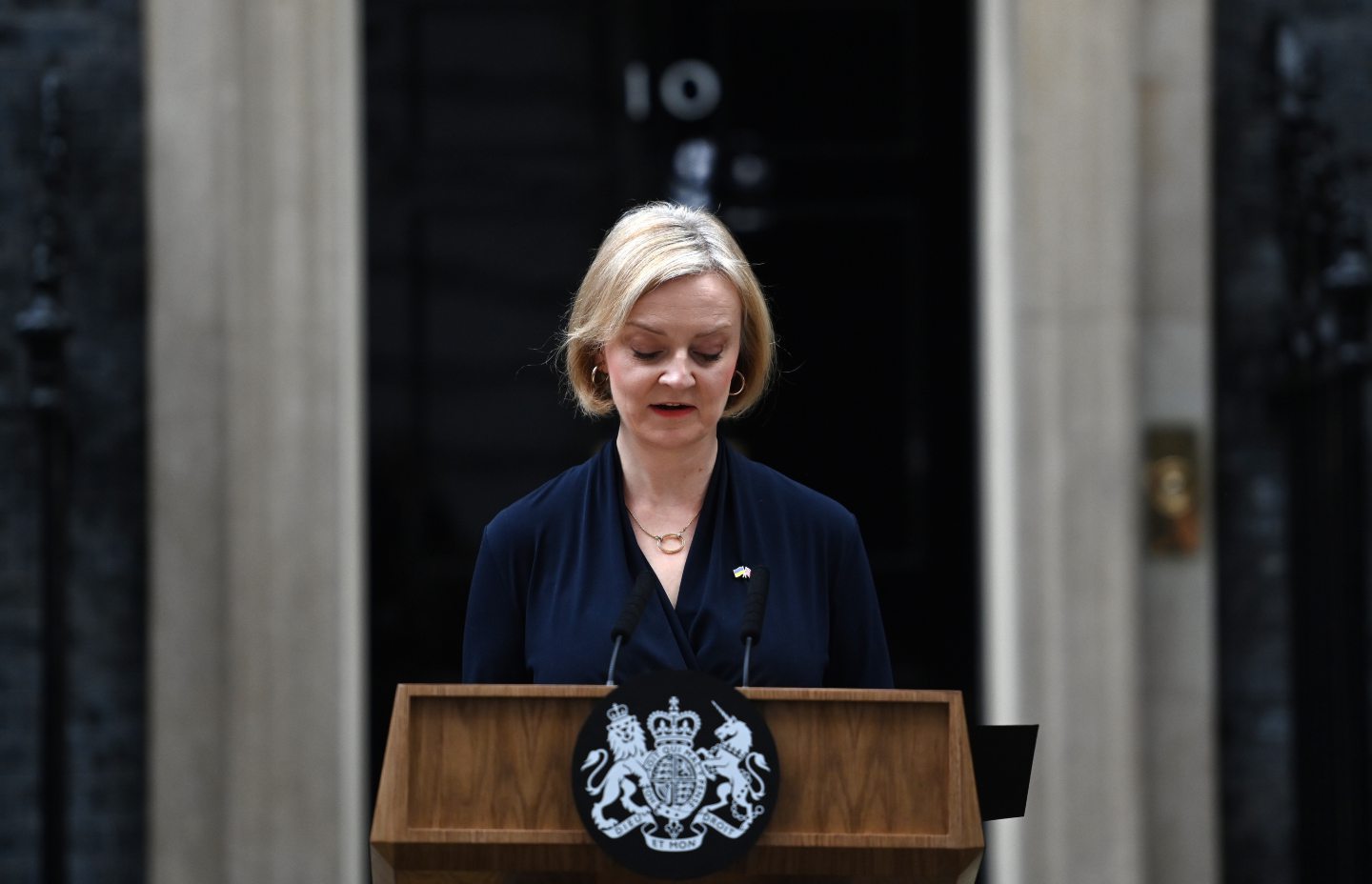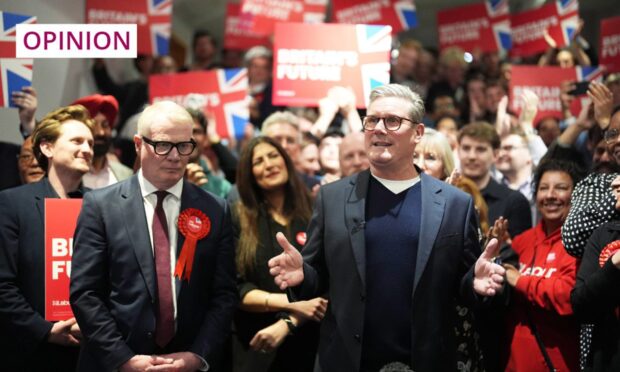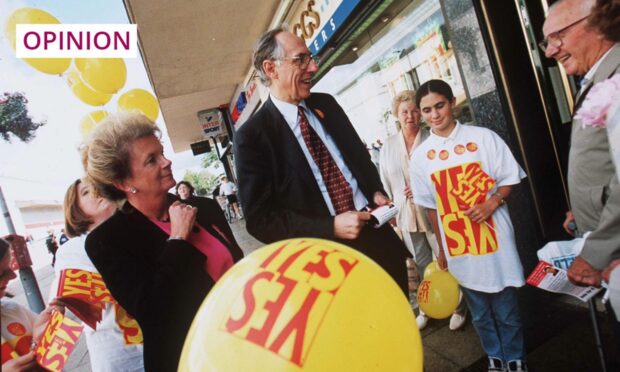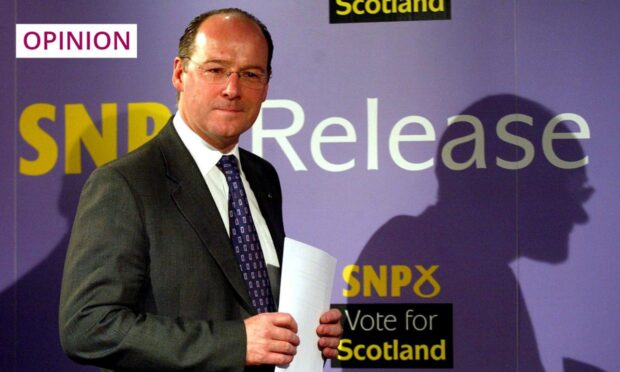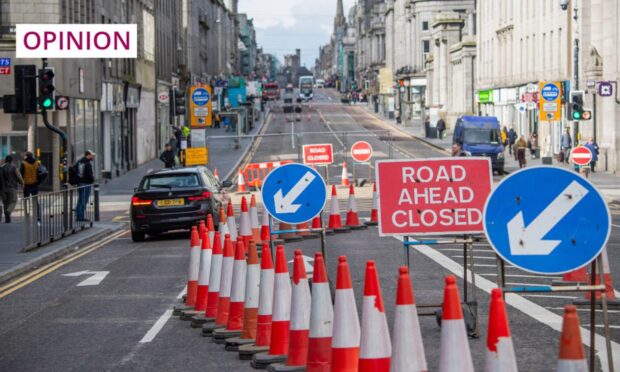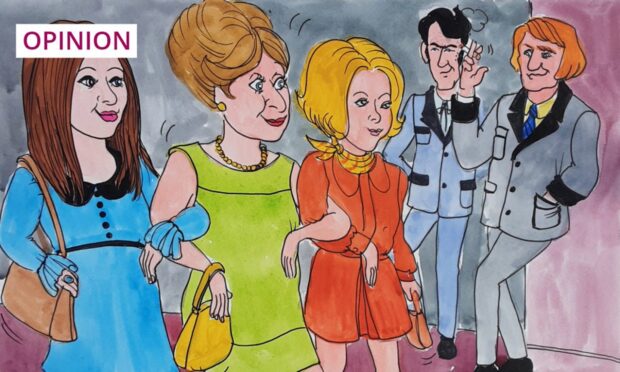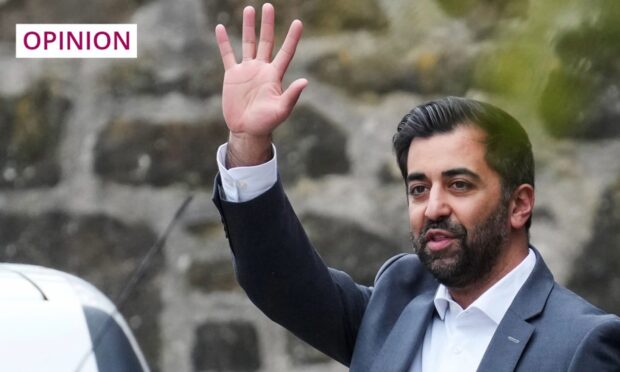I met Sir Keir Starmer in about 2016, I’d guess, in Aberdeen. I should have kept a diary, but I’m deducing this based on his timings as shadow secretary of state for exiting the European Union.
I was chairing a small meeting with Sir Keir and a few members from the Chamber of Commerce. What struck me about him was that he was measured and took very considered positions on almost everything we discussed.
At that point, he’d only have been a year or so into his political career. Move forward about seven years, and it seems that the system has got him.
It wouldn’t be fair to say this of every MP I have met, but most change after they win a seat. There is something in Westminster that makes you act differently and become more brash, something that’s needed to get on there. I can only assume that it must eat away at some of your better elements and then grab hold of some parts of you which are fed by your egotistical side.
As a party leader, you obviously need to take positions on issues. At the start of 2023, Sir Keir (by then Labour leader) first took a position on oil and gas. At Davos, he said that under a Labour government, there would be no new investment in oil and gas, no new fields. I honestly believe this was delivered in the context of aspirations on green energy, rather than wielding an axe against the offshore industry.
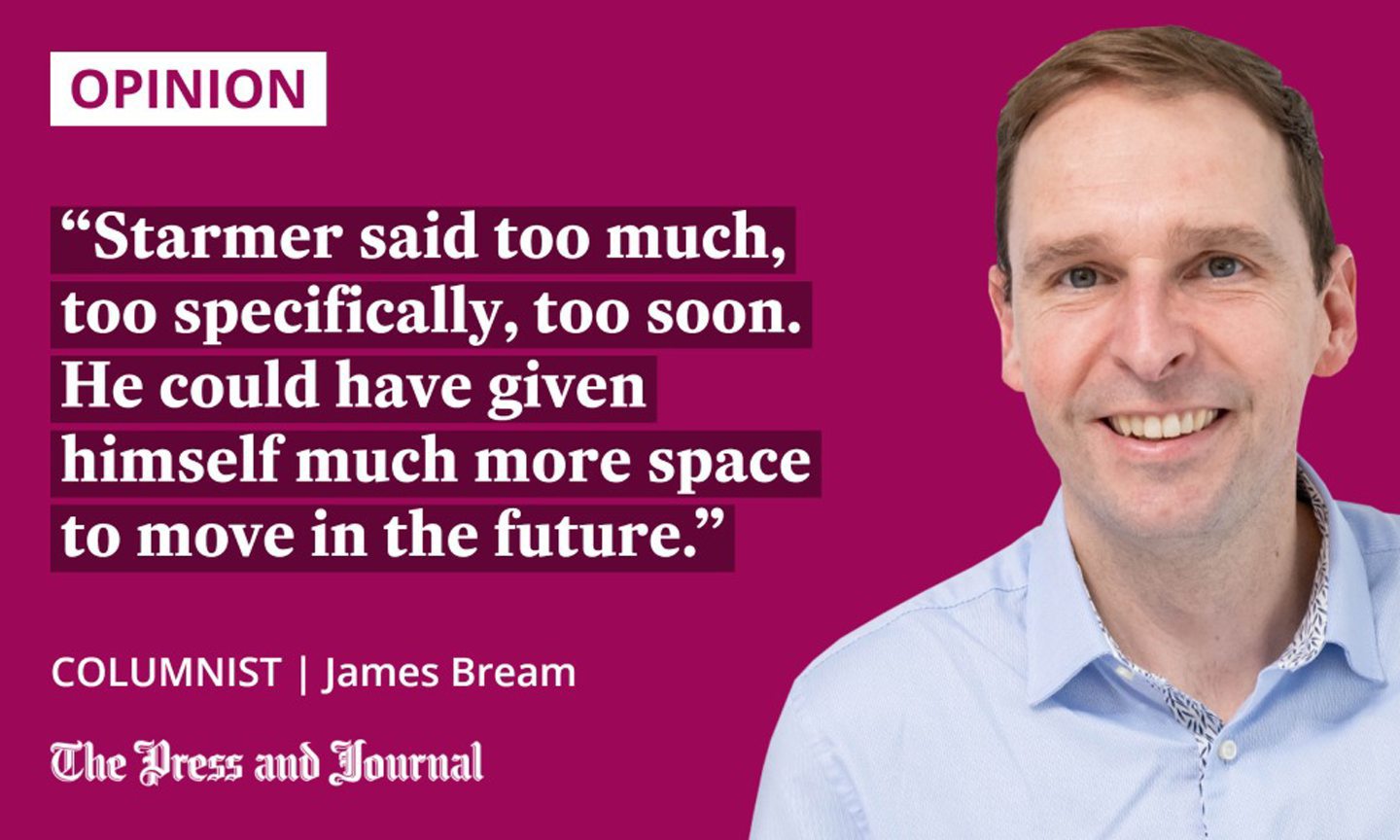
At the time, I was unconcerned; I felt the comments were rhetoric and unrealistic. I took this view based on what I believed Starmer was like. Furthermore, I told our chairman at Katoni that I believed the Labour leader would have to backtrack on these comments.
As it happens, that has pretty much happened; Sir Keir has had to soften his stance. But, his problem now is that he has alienated the energy sector, because many will feel he hasn’t gone far enough. He has also probably frustrated many who agreed with his initial position.
Too much, too soon
Starmer said too much, too specifically, too soon. He could have given himself much more space to move in the future by focusing on emissions reductions, rather than being specific on oil and gas.
I said much the same on Bank of England governor Andrew Bailey a few weeks ago. Both the lens you look through and context matter when you are speaking about matters that impact people, their jobs, their lives, and their quality of life.
It amazes me that leaders like Keir Starmer and Andrew Bailey make these types of comments – effectively “flying a kite” without thinking it through.
Barney Crockett has left the Labour group after describing Sir Keir Starmer’s energy strategy as “more brutal” than anything Margaret Thatcher did to industrial communities in the 1980’s.https://t.co/6j5ThUsDEw
— The Press & Journal (@pressjournal) June 21, 2023
What Sir Keir might not realise is that his initial rhetoric mattered. There are companies that have taken big decisions on jobs and investment after he spoke; they predict he’ll be prime minister, and his comments follow the creation of the energy profits levy. His aims to settle the oil and gas sector by saying he won’t do what Thatcher did to the coal industry have been undermined by his own commentary and position.
This week, Labour stalwart Barney Crockett resigned from the party. Barney is a proper red, I’d say and, yet, he’s concerned enough about what has been said by Sir Keir to act. He clearly doesn’t feel the position taken is a tenable one.
Never forget the law of unintended consequences
To be fair, underpinning the words spoken by Sir Keir is probably a considered view that he wants to encourage investment in new technology, net zero solutions, and making the UK a renewables world leader. What he seems to have forgotten, though, is the law of unintended consequences and basic comms.
I’m not arrogant enough to think that Sir Keir (or most folk) should listen to me. However, if he wanted to look at unintended consequences from a political leader based on a bold philosophy, he only needed to go back as far as Liz Truss – remember her?
I’m sure many will be lobbying Keir Starmer to take an even softer position on the oil and gas industry, but the damage is done. I’d suggest the more likely approach now is that he’ll double down on his statement last week on no new licences.
I don’t think we’ll ever really know what position Labour really wanted to take, but I think we can be sure what it will be moving forward.
James Bream is CEO of Aberdeen-based Katoni Engineering and chair of DYW North East
